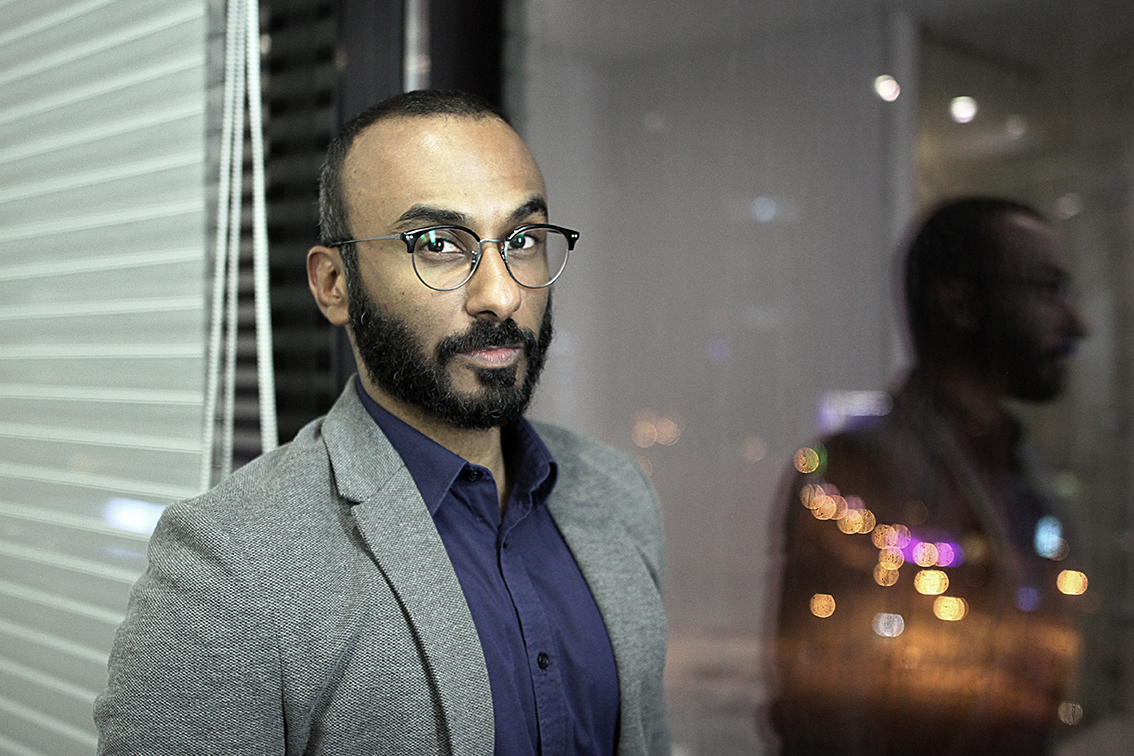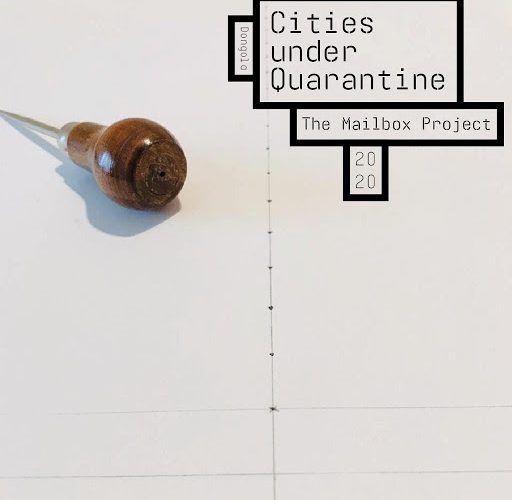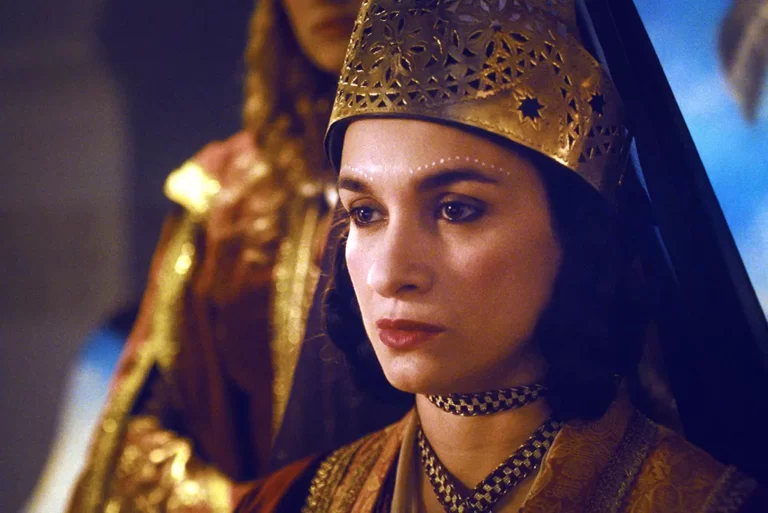Arts & Culture
7.5.2021
Aziz Mohammed “literature fills a void that no other experience in life could fulfill”.

The first novel of the young Saudi author Aziz Mohammed has just been translated for the first time into the Moliere language by a french publishing house. Entitled “The critical case of K”, this fiction evokes the Kafkaesque daily life of a Saudi oil company employee.
What if Saudi literature had a bright future in front of it? A promise offered by the success of the young Saudi journalist and film critic Aziz Mohammed first novel: The Critical Case of K. The story describes with humor the morose daily life of an oil company employee who kills time by dreaming of being a writer. First published in Arabic in 2017, it has since been nominated for the Arab Fiction Prize, translated into English, and now published for the first time in French by the publishing house Sindbad Actes Sud. Set in the middle of contemporary Saudi Arabia, this fiction depicts a Kafkaesque world that cleanses souls, and where books and literature stand as bulwarks against the loss of meaning of existence.
What kind of books particularly pushed you to become a writer?
Initially I was more interested in poetry, I have always been fascinated by Classic Arabic poets of pre-Islamic period but reading Mahmoud Darwish, the great contemporary Palestininan poet, was a huge turning point for me. He used to reference novels in his poems. I think it was through him that I heard of Kafka for the first time, but it took me a while to actually get to read Kafka’s work. By the time I read “The Judgment” I had already written a couple of short stories myself, but he helped me realize what kind of influence I want my writing to have on the reader.

What inspired you this novel of interior exile and also of sickness and cancer?
Everything and nothing. I was trying to get over a writing block, so I wrote about something I had a lot of material about: work. It was meant to be a series of short stories about different employees in the same big company, but once I started with one employee that eventually gets cancer, I realized he could be big enough.
What was the most challenging part of your creative process?
Definitely writing about cancer comically, keeping the sarcastic tone of the narrator without making light of the painful details that comes with the sickness. To put myself in the shoes of someone going through that experience without making it seem fake.
In your book, you are very critical of the corporate world; you describe very precisely the daily humiliations that people can face. Is it a critic of something you experienced yourself? What is the part of autobiography?
I think that it is sadly a common experience for many people at these times, an experience you can grasp a great understanding of simply by observing others around you, even if you have never had your share of it. As for me, I actually refrained from using some parts of my own work experience because I was afraid they would seem exaggerated or unbelievable.
Your character also uses a lot of black humor to describe his own situation. Do you think humor can help to heal or overcome every situation, even death or sickness ?
There is no doubt that humor can be miraculously healing at moments, but it is exactly because of that momentarily nature that it could be very saddening when its effect is gone. Nevertheless, I think the spirit to make a joke of everything should always be maintained, whether it works or not. In this book I was more interested in the situations when humor was overpowered, and how the character kept attempting it despite that. Sisyphus must imagine his tragedy funny.
What does it feel like seeing your novel be translated internationally and especially in French?
I am very amused to say the least. I felt lucky enough that the book was well received all over the Arab world, but I was not surprised considering that many Arabs share the same experience I wrote about. It will be interesting to see if that experience could be extended cross-culturally or if something could be lost in translation.
What did literature and words bring into your life?
I have always been appreciative of literature’s ability to express great depths of emotions, perhaps precisely because I am rarely moved. It fills a void that no other experience in life could fulfill.
What could you have become if you were not a writer?
Ideally, a filmmaker. I think film is the perfect form to express the full range of emotions and to define the human experience. My biggest shortcoming, though, is that I am bad at working with others. I know I would hate the managerial responsibilities of making a film, but I still dwell on becoming a film essayist, in the style of Chris Marker for example, which seems like the perfect balance between writing and solo filmmaking.
What are your next projects/dreams?
I am currently working on a second novel, which is still in a very early stage. The research phase is the part that I enjoy the most, so I am not planning to rush anything.
popular

